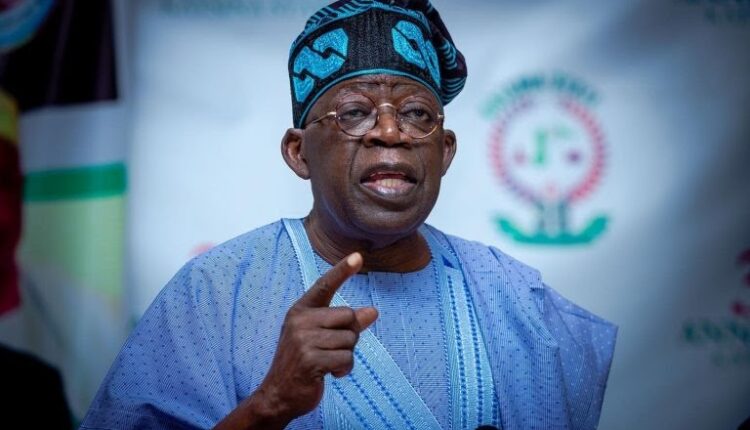A calculated assault on the North by President Tinubu administration’s policies, strategies
|
Getting your Trinity Audio player ready...
|
By Sadiq Muhammed
As President Bola Tinubu’s tenure unfolds, there is growing concern that his administration is systematically undermining Northern Nigeria’s stability and development. While national unity and progress should guide every leader’s agenda, Tinubu’s actions suggest a dangerous trajectory that prioritizes political dominance over equitable governance. From financial manipulation to strategic insecurity, the policies of this administration paint a grim picture for the North.
The Federal Accounts Allocation Committee (FAAC), responsible for distributing revenue among the tiers of government, has witnessed contentious practices under Tinubu’s administration. There are allegations that the North, a region already grappling with significant infrastructural and economic deficits, is being short changed. This not only widens existing inequalities but fosters resentment and further entrenches poverty.
The Tinubu led administration’s tax reforms have been criticized for their opacity and alleged bias. Reports suggest that policies disproportionately burden businesses in the North, undermining regional economies that are already struggling due to insecurity and inadequate infrastructure. These reforms appear less about improving national revenue and more about weakening the North’s economic resilience.
The recent revelation of budget padding to the tune of N1.9 trillion raises serious questions about fiscal responsibility and transparency. A closer examination of the padded items reveals projects concentrated in regions outside the North, further fueling suspicions of deliberate marginalization. This financial mismanagement denies the North much-needed resources for critical sectors such as education, healthcare, and agriculture.
Tinubu’s administration has been marked by an obvious imbalance in federal appointments. Key positions in security, finance, and governance are concentrated in the hands of individuals from the South-West, creating a perception of exclusion for the North. This lopsidedness not only violates the federal character principle enshrined in Nigeria’s constitution but also alienates a significant portion of the population.
The President’s interference in the Kano Emirate crisis is a glaring example of political machination. By meddling in traditional institutions, Tinubu appears intent on destabilizing a region known for its cultural and political influence. The timing of these actions suggests a calculated attempt to sow discord ahead of the 2027 elections, creating an environment ripe for exploitation.
While insecurity has plagued Nigeria for years, the Tinubu administration seems indifferent to its escalation in the North. The resurgence of banditry, kidnappings, and insurgency in states like Zamfara, Kaduna, and Borno is alarming. The government’s failure to address these issues effectively raises suspicions that insecurity is being weaponized to weaken the region and stifle its development.The abrupt removal of the fuel subsidy has had devastating effects on the entire country, but the North, with its vast distances and reliance on transportation for commerce, has been disproportionately affected. The lack of accompanying measures to cushion the impact reflects insensitivity to the region’s unique challenges.
Tinubu’s policies are also eroding political unity in the North. By exploiting divisions among Northern elites and using federal power to influence local politics, his administration weakens the region’s collective bargaining power. This fragmentation serves his political ambitions but leaves the North vulnerable and divided.President Tinubu’s actions suggest a deliberate strategy to undermine the North, consolidating power at the expense of national unity. From economic marginalization to political interference, the evidence is mounting that the North is being positioned as a scapegoat in a broader power play.
As 2027 approaches, the stakes are higher than ever. It is imperative for Northern leaders and stakeholders to rise above partisan politics and confront these challenges head-on. The North must demand accountability, advocate for equitable policies, and resist any attempt to exploit its resources or weaken its influence. Failure to act now could pave the way for a future fraught with instability and disunity.
Muhammed can be reached at [email protected]



Comments are closed, but trackbacks and pingbacks are open.